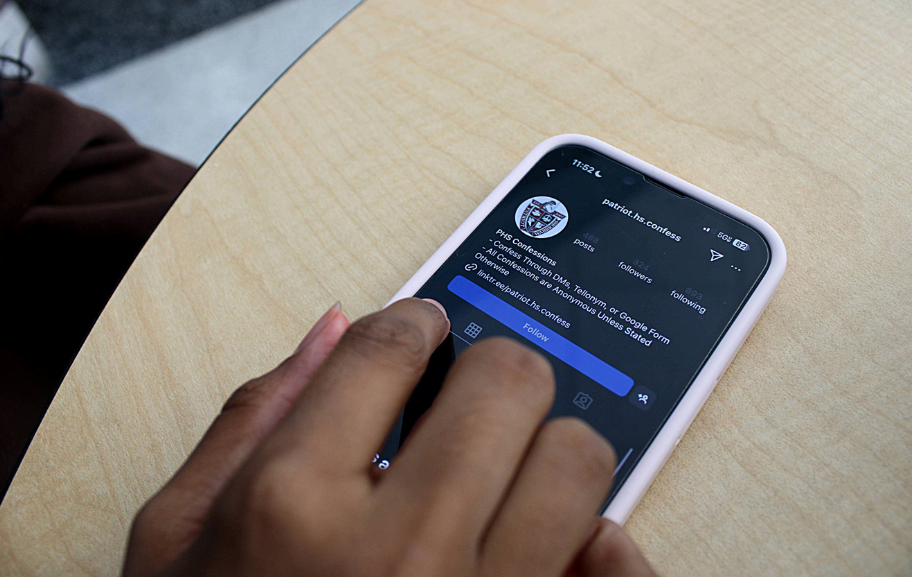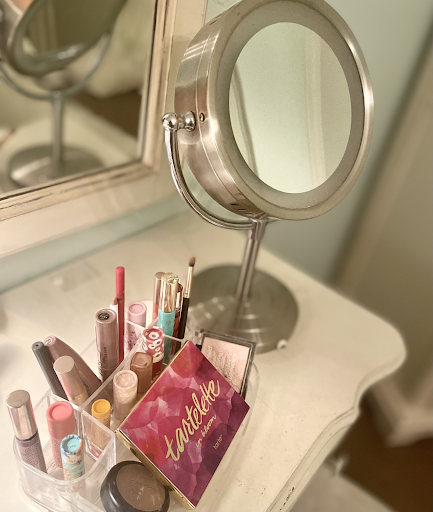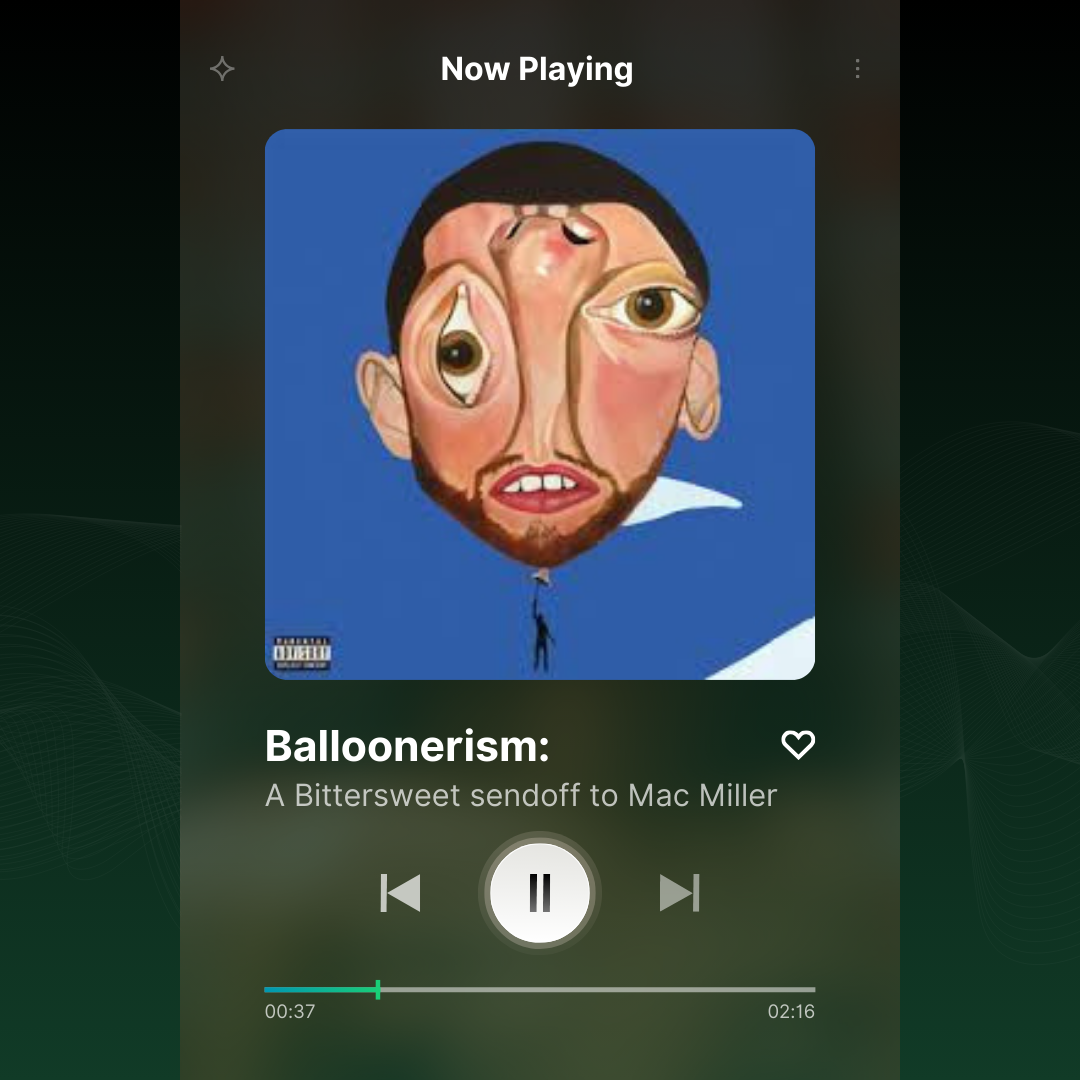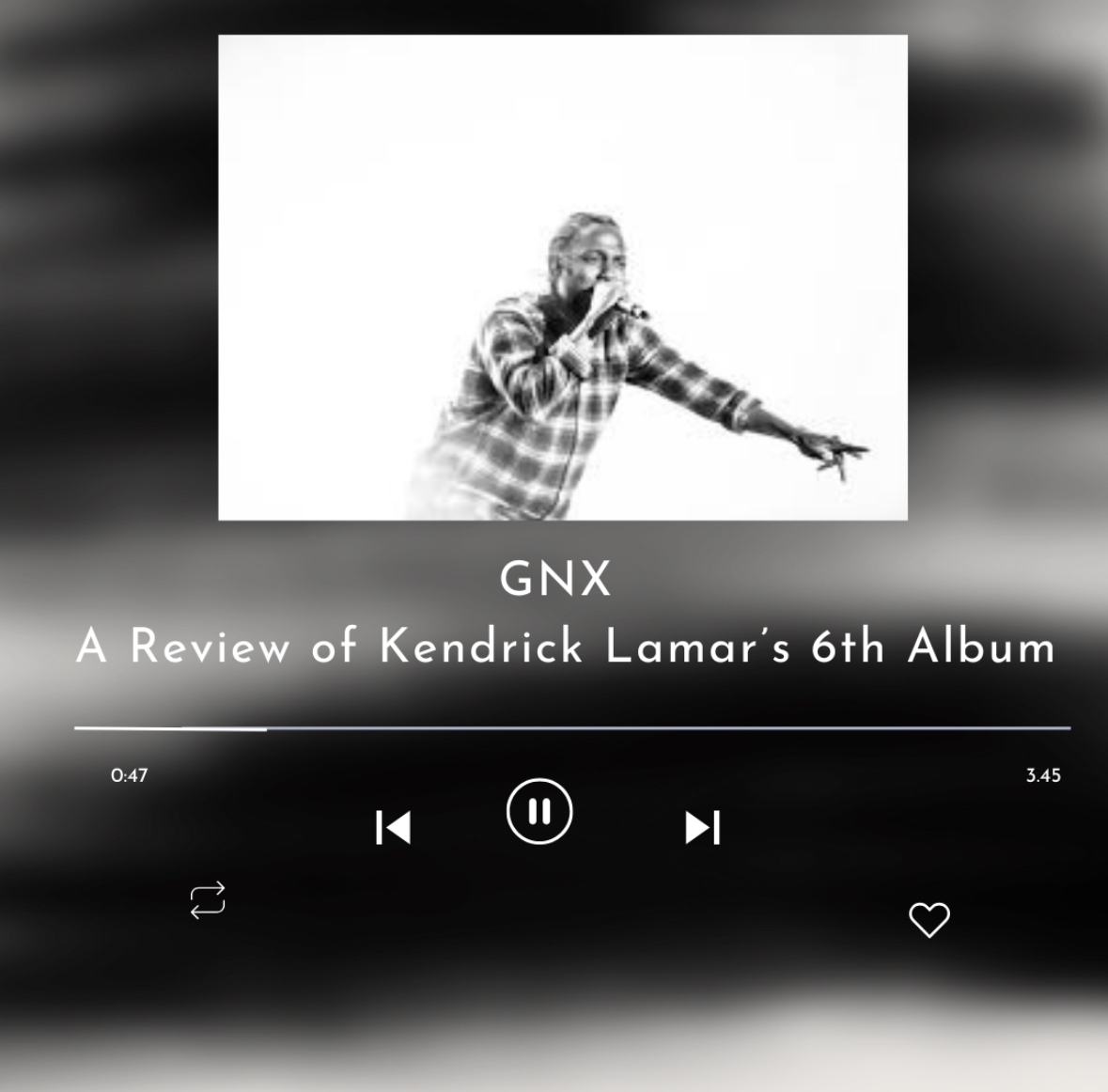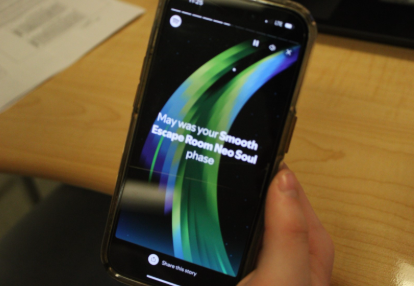A large majority of the American population has a strong opinion on Gen Z (around 11 to 26 years old) and their overall work ethic, the reasons for that, and how they perceive them in the workforce. While both sides have their flaws, it is extremely important to understand and know how popular each side is, why they feel that way, and the real-life effects of their opinions.
While there is quite a bit of bias held towards Gen Z due to negative generalizations, articles from Insider, Greater Good Magazine, and Forbes have all displayed that they don’t believe that Gen Z isn’t lazy or entitled; rather, they are showing resistance to workplace stereotypes and toxicity.
These articles have also mentioned how this generation is extremely interested and savvy with technology, and how this could be beneficial rather than detrimental for a future in the workforce: even though many view their work ethic to be not as strong and other generations.
Kimberly Buford, an Independent Living teacher at Patriot High School, highlights this in a recent interview:
“I think one of the quirks of Gen Z is that it is a more digital generation… and so, as far as work ethic, I think other generations have had a stronger work ethic, but at the same time, I will say this, I’ve noticed that it [a stronger work ethic] is something that they have been wanting to do and have been working really hard to do it.”
Despite positive outlooks such as these, a large majority of employers still display bias towards Gen Z. According to a poll from APPrise Mobile, covered by CNBC, many bosses and managers harbor resentment toward the generation, embracing stereotypes about their lack of work ethic due to technology and social media: 26% of respondents say that it will be more difficult to communicate with employees from Gen Z as compared to older generations, and 29% expect them to be much harder to train.
Now what about millennials, who were one of the most criticized generations regarding laziness: how do they feel about Gen Z? According to the same poll, they share the same sentiments. Nearly one third of millennials believe that Gen Z will be harder to manage when compared to other generations.
While these are just statistics of the public’s opinion, these negative convictions can have real detrimental effects on Gen Z’s ability to secure a job. One example of this is a manager at Dollar Tree posting a rant against them on the door, complaining how Gen Z doesn’t know what “work actually means” and how they would only “hire baby boomers, thanks”. In all, workers receiving backhanded comments about their age all have very real and very harmful effects on Gen Z employees who are trying to find a secure job.
Overall, it is extremely crucial to try and understand both sides of this argument and make an informed decision yourself while recognizing the consequences of your opinions. Talk to people who hold differing opinions about Gen Z and recognize both the faults and victories of the generation- this is the only way to have polite, informed conversation with people now and in the future to get rid prejudiced bias and stereotyping that have real consequences.
